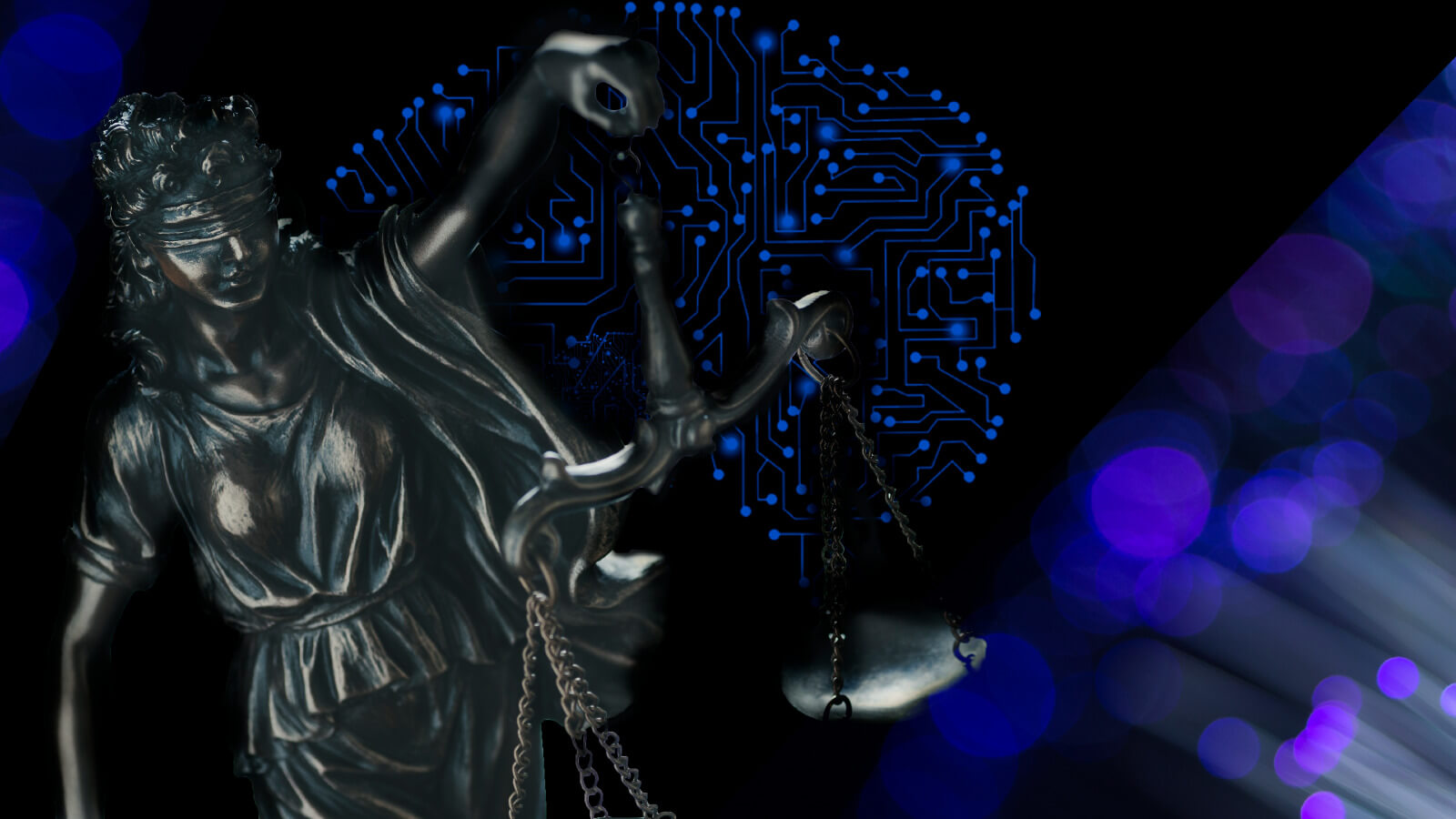Ethical Implications of Artificial Intelligence: Balancing Benefits and Risks
Ethical Implications of Artificial Intelligence: Balancing Benefits and Risks

Artificial intelligence (AI) has become an integral part of our daily lives. From voice assistants to personalized recommendations on e-commerce websites, AI is everywhere. However, as this technology becomes more pervasive, it is crucial to consider the ethical implications. Ethics is the ability to judge between right and wrong, and as AI is all about learning itself and making decisions, it is essential to explore some of the complex ethical issues that come with this technology.
AI has undoubtedly been a boon to humanity. For instance, AI algorithms help doctors diagnose diseases, and self-driving cars can reduce accidents caused by human error. Additionally, AI-powered chatbots can provide customer service around the clock, making it easier for businesses to engage with customers. These are just a few examples of how AI has made our lives easier and better.
Since the launch of ChatGPT and the uproar around it is still persistent. No doubt, ChatGPT is quite valuable for learning all of the data that is provided on an external media, but the question remains as to how the industry can use this powerful instrument, particularly in the education sector, without sacrificing on moral grounds.
The most pressing concern is how authorities can govern and monitor ChatGPT without creating a dystopian future and forfeiting the potential to learn from it. The second challenge is that ChatGPT is still in a nascent stage, scalability is limited, dedicated training of data is required, and it needs exact use cases according to each business model. We, at OneOrigin, seek to challenge the ethical component posed by ChatGPT and leverage it for the greater good in the sphere of education. We believe in devising solutions that are not just AI-driven but humanity driven.
The question of who is responsible for these ethical implications is a complicated one. AI fairness and transparency are critical factors in ensuring that AI is not perpetuating bias and discrimination. Moreover, human-centered AI is essential in ensuring that AI is not designed to replace human workers but instead works alongside them to enhance their capabilities. Data privacy is another crucial factor that needs to be addressed to ensure that individuals’ personal information is not misused.
As AI becomes more pervasive, it is crucial to consider the ethical implications. Trustworthy AI that is fair, transparent, and human-centered is needed. It is essential to ensure that AI is not perpetuating negative social norms or discriminating against marginalized communities. The regulation of ethics in AI is a crucial step towards ensuring that this technology is developed and used in a responsible and beneficial manner. The ethical concerns related to AI are complex and multifaceted, but with the right regulatory framework, we can mitigate the risks and maximize the benefits of this technology. As AI continues to evolve and become more integrated into our lives, it is essential that we prioritize ethical considerations and work towards creating a future where AI serves the greater good. While regulatory frameworks are not perfect, they are an important first step towards ensuring that AI is developed and used ethically, and we must continue to refine and improve these frameworks as the technology evolves. By addressing these issues, we can harness the power of AI to enhance our lives without compromising our values.



